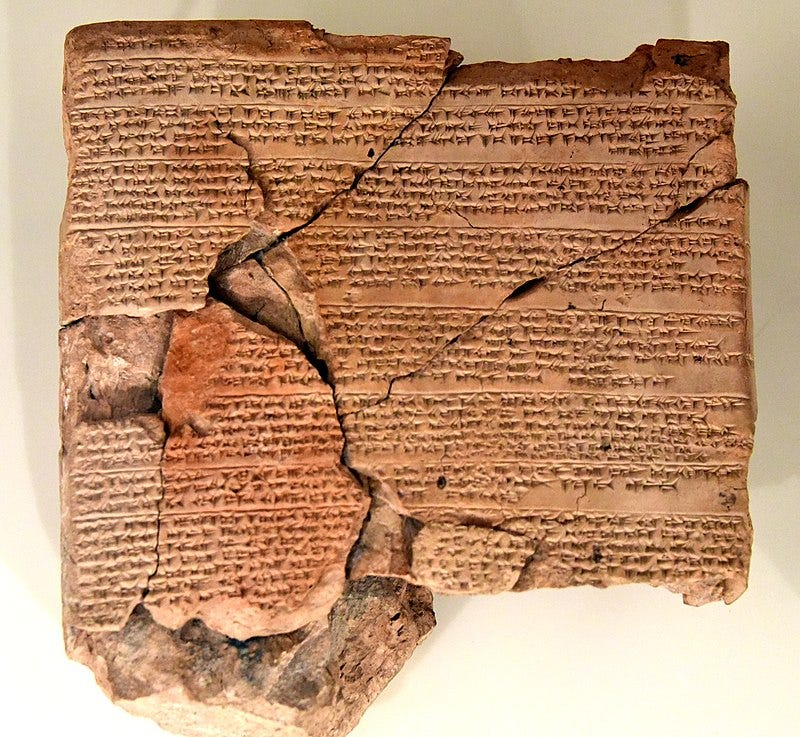The Ottoman Empire, which lasted for over six centuries, was a powerful Islamic-run superpower known for its military strength, ethnic diversity, and achievements in arts and architecture. It originated as a small beylik in Anatolia, which eventually expanded to include regions such as Turkey, Greece, Egypt, Hungary, and parts of North Africa. The empire's most glorious period was under the reign of Suleiman the Magnificent, who was a brilliant military commander, religious leader, and political ruler. During his reign, the Ottoman Empire expanded towards Eastern Europe and invaded several big cities.
Under his rule, the Ottomans attained considerable accomplishments in domains of politics, law, culture, science, mathematics, engineering, philosophy, medicine, literature, and economics. Notable achievements during this period included the development of a secular legal system called kanun, the construction of elaborate mosques and public buildings, and advancements in the field of vaccination. The Ottomans were also pioneers in the field of science, with a sound knowledge of advanced mathematics, astronomy, philosophy, physics, geography, and chemistry. The Ottoman Empire's legacy has exerted enormous influence on countries in the region and around the world.







